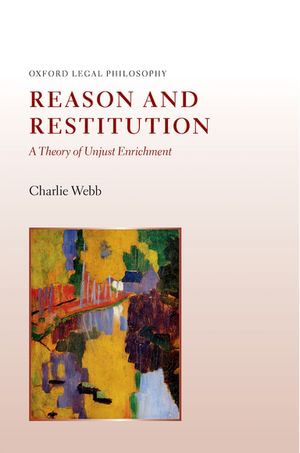
At a Glance
eBook
RRP $123.29
$110.99
10%OFF
or
Instant Digital Delivery to your Booktopia Reader App
Read on
Android
eReader
Desktop
IOS
Windows
ISBN: 9780191509322
ISBN-10: 0191509329
Series: Oxford Legal Philosophy
Published: 31st May 2016
Format: ePUB
Language: English
Publisher: OUP Oxford
You Can Find This eBook In
This product is categorised by
- Non-FictionLawLaws of Specific JurisdictionsLegal System in GeneralCivil Procedure, Litigation & Dispute ResolutionCivil RemediesRestitution
- Non-FictionLawJurisprudence & General IssuesComparative Law
- Non-FictionLawLaws of Specific JurisdictionsGeneral Works of Private & Civil Law
- Non-FictionLawLaws of Specific JurisdictionsProperty Law
- Non-FictionLawJurisprudence & General IssuesJurisprudence & Philosophy of Law
- Non-FictionLawLaws of Specific JurisdictionsLegal System in GeneralCourts & Procedure
- Non-FictionLawJurisprudence & General IssuesSystems of LawCivil Codes & Civil Law






















